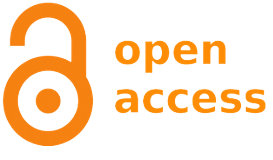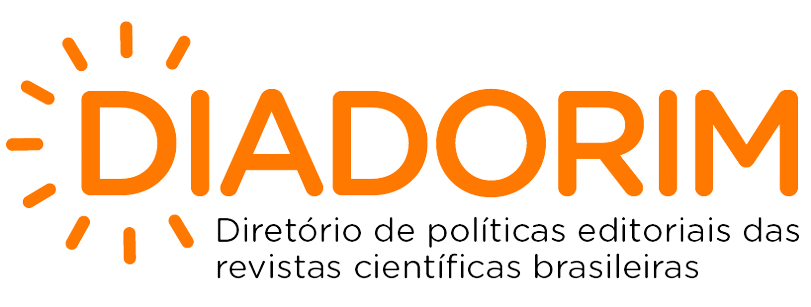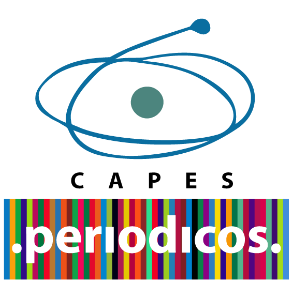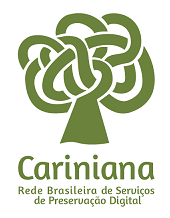Organismos geneticamente modificados: uma abordagem sob a ótica do Direito Ambiental
DOI:
https://doi.org/10.5433/2447-1747.2012v21n3p23Palavras-chave:
OGMs, Transgênicos, Biotecnologia, Direito Ambiental.Resumo
Nos últimos anos a biotecnologia mudou radicalmente com a introdução de novas técnicas desenvolvidas, aplicadas sobretudo aos microorganismos. Uma técnica de melhoramento genético é a transgênese, na qual se dá a inserção de um ou mais genes exógenos em um organismo. Organismos Geneticamente Modificados (OGMs) ou transgênicos são todos aqueles que in vitro receberam um ou mais genes via tecnologia genética, vindo a sofrer transformações. Devido aos riscos potenciais que essas alterações apresentam para os ecossistemas, para a agricultura e para a saúde humana, estão sujeitas a normas nacionais e internacionais. Assim este trabalho sob a ótica do Direito procurou demonstrar a trajetória dessas novas tecnologias, enfocando a Lei de Biossegurança com seus atuais aspectos polêmicos e as vantagens e desvantagens dos transgênicos, culminando com algumas considerações finais que mostram como caminha atualmente o Direito Ambiental no cenário Nacional.Downloads
Downloads
Publicado
Como Citar
Edição
Seção
Licença
Os(as) autores(as) mantêm os direitos autorais, com o trabalho simultaneamente licenciado sob a Creative Commons Atribuição-Não Comercial 4.0 Internacional. Esta licença permite que terceiros distribuam, remixem, adaptem e desenvolvam o material em qualquer meio ou formato apenas para fins não comerciais, atribuindo o devido crédito de autoria e publicação inicial neste periódico
A revista se reserva o direito de efetuar, nos originais, alterações de ordem normativa, ortográfica e gramatical, com vistas a manter o padrão culto da língua e a credibilidade do veículo. Respeitará, no entanto, o estilo de escrever dos autores. Alterações, correções ou sugestões de ordem conceitual serão encaminhadas aos autores, quando necessário.

Esta obra está licenciada com uma licença Creative Commons Atribuição-Não comercial 4.0 Internacional.

















